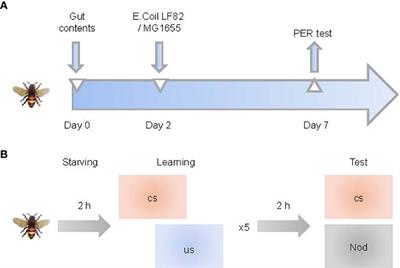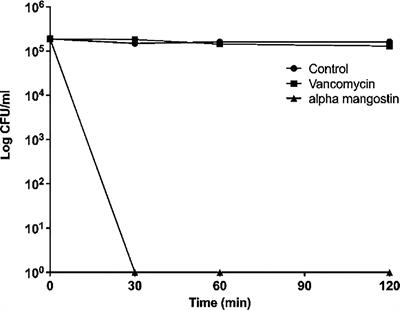EDITORIAL
Published on 14 Jun 2023
Editorial: Unconventional animal models in infectious disease research, volume II
doi 10.3389/fcimb.2023.1225129
- 1,699 views
7,812
Total downloads
35k
Total views and downloads
EDITORIAL
Published on 14 Jun 2023
ORIGINAL RESEARCH
Published on 26 Jan 2023

ORIGINAL RESEARCH
Published on 25 Aug 2022

ORIGINAL RESEARCH
Published on 22 Jul 2022

ORIGINAL RESEARCH
Published on 09 Feb 2022

REVIEW
Published on 22 Dec 2021
